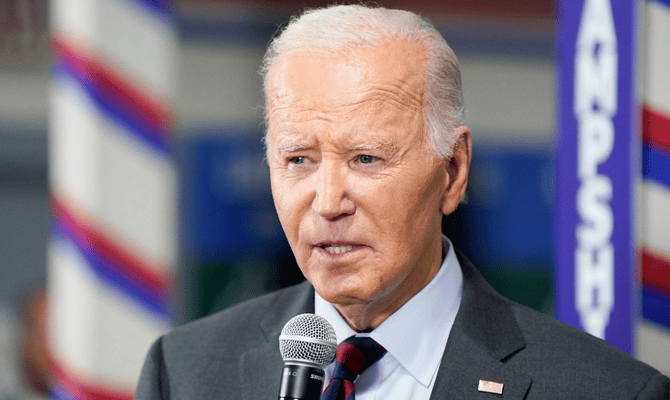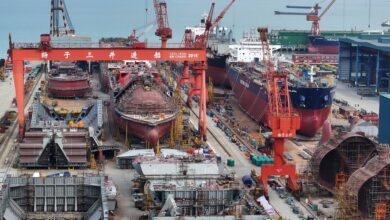
In the wake of the dramatic collapse of Syrian President Bashar al-Assad’s regime, the United States launched comprehensive airstrikes against ISIS positions in Syria. U.S. Central Command said on Sunday it had hit more than 75 targets, including ISIS leaders, operatives, and camps, seeking to prevent the organization from taking advantage of the power vacuum created by the fall of Assad.
CENTCOM said that assessments were still going on, with the strikes involving “a mix of bomber aircraft” such as the Boeing B-52 Stratofortress and McDonnell Douglas F-15 Eagle fighter-bombers. The first reports said no civilian casualties resulted from the operations.
“There should be no doubt – we will not allow ISIS to reconstitute and take advantage of the current situation in Syria,” said CENTCOM Commander General Michael Erik Kurilla. He underscored that all organizations in Syria should be aware that any partnership with or support for ISIS would not go unpunished.
These airstrikes came just weeks after outgoing US President Joe Biden described the fall of Assad as both a “moment of risk” and a “historic opportunity.” In a speech from the White House, Biden said he hoped the collapse of Assad, at the hands of the rebel group Hayat Tahrir al-Sham, or HTS, could allow the Syrian people to “build a better future for their proud country.”
Biden also sought to highlight the role of diminished support from Assad’s primary backers—Russia, Iran, and Hezbollah—in his regime’s collapse. “For years, the main backers of Assad have been Iran, Hezbollah, and Russia. But over the last week, their support has collapsed,” he said.
The sudden collapse of the 53-year Assad regime has sent shockwaves in the security dynamics of the Middle East, particularly for the estimated 900 U.S. troops stationed in Syria.
On the other hand, U.S. President-elect Donald Trump showed reluctance for American involvement in the Syrian conflict. Over the weekend, he said on Truth Social, “Syria is a mess, but is not our friend. THE UNITED STATES SHOULD HAVE NOTHING TO DO WITH IT. THIS IS NOT OUR FIGHT. LET IT PLAY OUT.”
After the fall of Assad, HTS leader Abu Mohammed al-Julani, who was a former head of the Syrian branch of al-Qaeda, said the event was an opportunity to make Syria a “beacon for the Islamic nation.” Speaking at the historic Umayyad Mosque in Damascus, he declared, “This victory is for all Syrians; they were all part of this victory.”



